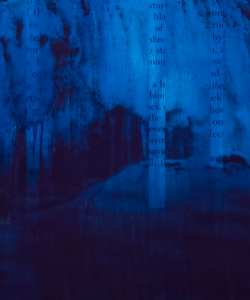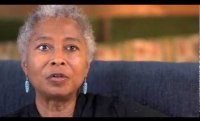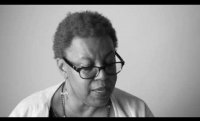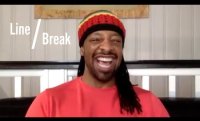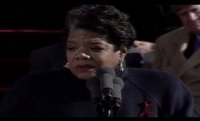Upcoming Contest Deadlines
It is fitting that during the most romantic month of the year, contest opportunities abound for poets! With deadlines of either February 14 or February 15, these awards include opportunities for both English language poetry and poetry in translation. There are also two contests for prose writers. All offer a cash prize of $1,000 or more.
Academy of American Poets Ambroggio Prize: A prize of $1,000 and publication by University of Arizona Press is given annually for a book of poetry originally written in Spanish by a living writer and translated into English. The poet and translator will split the prize. Rigoberto González will judge. Deadline: February 15. Entry fee: none.
Academy of American Poets Harold Morton Landon Translation Award: A prize of $1,000 is given annually for a book of poetry translated from any language into English and published in the United States during the previous year. Indran Amirthanayagam will judge. Deadline: February 15. Entry fee: none.
Academy of American Poets Raiziss/De Palchi Fellowship: A fellowship of $25,000 is given biennially for the translation into English of a work of modern Italian poetry. Moira Egan, Rebecca Falkoff, and Graziella Sidoli will judge. Deadline: February 15. Entry fee: none.
Arrowsmith Press Derek Walcott Prize for Poetry: A prize of $1,000 will be given annually for a poetry collection published in English by a writer who is not a resident of the United States. The winner will also receive an invitation to read at the Boston Playwrights’ Theatre in Boston; a one-week residency at poet Derek Walcott’s home in St. Lucia or in Port-of-Spain, Trinidad, in conjunction with the annual Walcott Festival; and the publication of a limited-edition broadside of their work by Arrowsmith Press. Poets who are living in the United States as green card holders are eligible. Poets whose work appears in translation into English are also eligible. Major Jackson will judge. Deadline: February 15. Entry fee: $20.
Hippocrates Prizes for Poetry and Medicine: A prize of £1,000 (approximately $1,260) and publication in the Hippocrates Prize anthology and on the Hippocrates website is given annually for a single poem on a medical theme. A prize of £1,000 (approximately $1,260) and publication in the Hippocrates Prize anthology and on the website is also given for a single poem on a medical theme written by a health professional. Anne Barnard, Keki N. Daruwalla, Anna Jackson, and Neena Modi will judge. Deadline: February 14. Entry fee: $10 ($15 for postal submissions).
Milkweed Editions Ballard Spahr Prize for Poetry: A prize of $10,000 and publication by Milkweed Editions is given annually for a poetry collection by a poet currently residing in Iowa, Michigan, Minnesota, North Dakota, South Dakota, or Wisconsin. Deadline: February 15. Entry fee: none.
Sarabande Books Morton and McCarthy Prizes: Two prizes of $2,000 each and publication by Sarabande Books are given annually for collections of poetry and fiction. Victoria Chang will judge in poetry and Danielle Evans will judge in fiction. Deadline: February 15. Entry fee: $29.
Salem State University Claire Keyes Poetry Award: A prize of $1,000 and publication in Soundings East is given annually for a group of poems. Afaa Michael Weaver will judge. Deadline: February 15. Entry fee: $10 (or $15 to receive a copy of the magazine).
Syracuse University Press Veterans Writing Award: A prize of $1,000 and publication by Syracuse University Press is given biennially for a novel or short story collection by a U.S. veteran, active duty personnel in any branch of the U.S. military, or the immediate family member of a veteran or active duty personnel. Phil Klay will judge. Deadline: February 15. Entry fee: none.
Visit the contest websites for complete guidelines, and check out the Grants & Awards database and Submission Calendar for more contests in poetry, fiction, and creative nonfiction.





